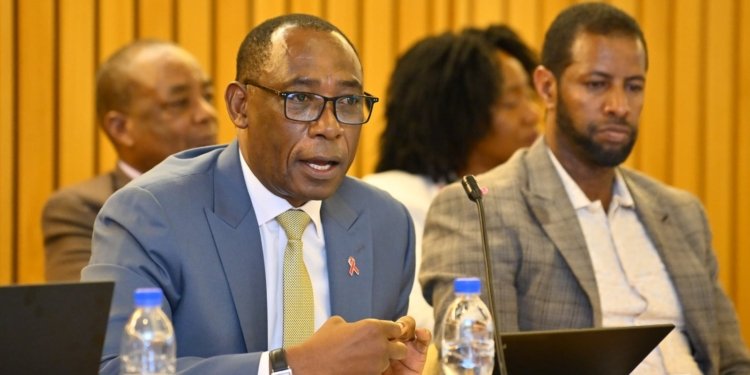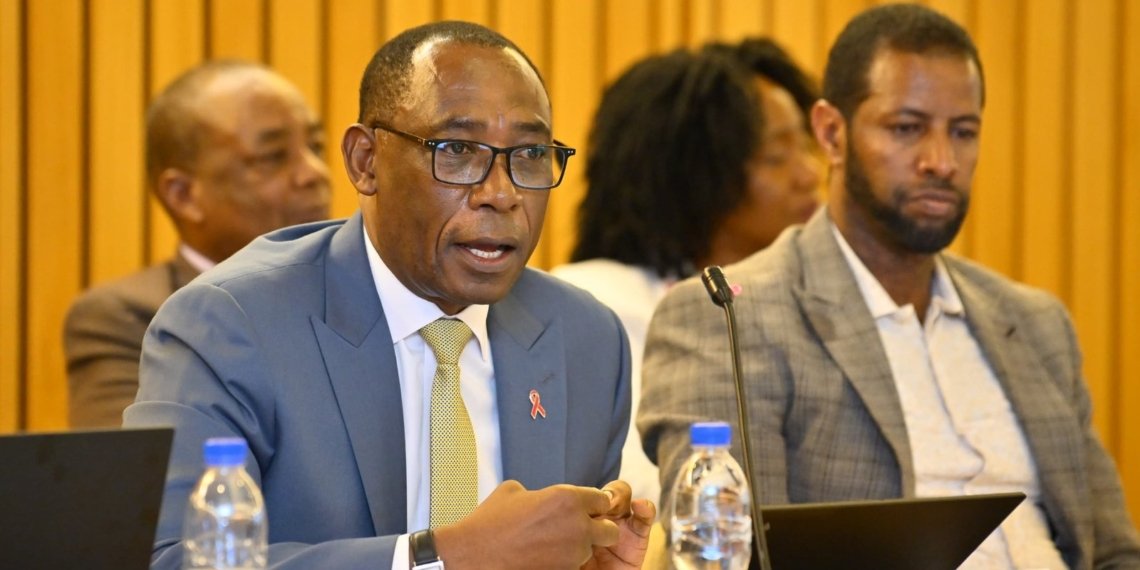ADDIS ABABA, Ethiopia (ECA) — The Economic Commission for Africa (ECA) has introduced the African Continental Input-Output Table (AfCIOT), a groundbreaking statistical tool designed to enhance intra-African trade and foster economic development across the continent.
The announcement was made during a four-day capacity-building workshop held on Dec. 5, 2024, in Addis Ababa, Ethiopia.
The AfCIOT empowers policymakers, businesses, and researchers with insights into how goods and services are produced and traded across borders, enabling informed decisions that optimize local value-added production and strengthen cross-border value chains.
“With the African Continental Free Trade Area (AfCFTA) now in full swing, the Input-Output Table allows us to analyze the broader implications of this landmark agreement on trade, investment, employment, and sustainable growth across Africa,” said Oliver Chinganya, Director of the ECA African Centre for Statistics (ACS) and Chief Statistician for ECA.
The AfCFTA is a Flagship Project of Agenda 2063 Africa’s development framework. It aims at accelerating intra-African trade and boosting Africa’s trading position in the global market by strengthening Africa’s common voice and policy space in global trade negotiations.
Addressing Trade Challenges
Africa’s trade landscape has often been characterized by competition rather than collaboration, with countries exporting similar products to external markets while neglecting regional trade.
The AfCIOT aims to shift this dynamic by quantifying intra-African trade and assessing local value-added production.
However, challenges persist, including incomplete or inconsistent trade data reporting across countries.
Chinganya called for improved data quality and availability, especially with the growing significance of services in the global economy.
Collaboration and Integration
Developed in collaboration with the OECD and WTO, the AfCIOT extends trade-in-value-added analysis to African economies. Currently, eight African nations feature in the WTO-OECD TiVA database, with plans to include 25 African countries in the AfCIOT by the end of 2024.
“The AfCIOT is not just a statistical construct, it is a critical tool for understanding and shaping Africa’s economic future,” Chinganya said, emphasizing its role in harnessing the potential of the AfCFTA to strengthen trade negotiations and drive sustainable development across the continent.

























